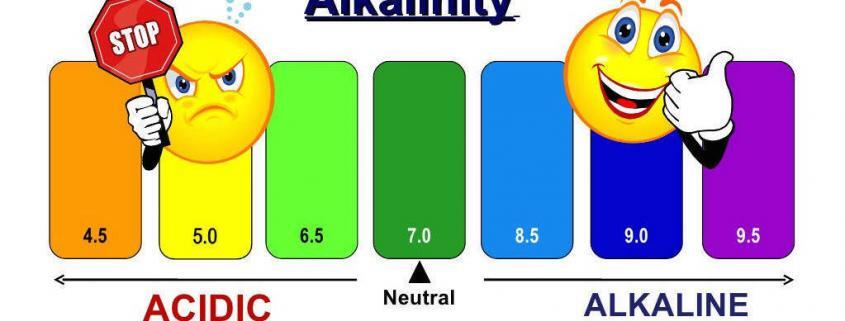Making Your Urine More Alkaline Naturally
This chart is for those trying to “adjust” their urine pH. The pH, scale is from 0 to 14, with numbers below 7 acidic and, numbers above 7 alkaline. For the majority of bladder pathogens, this will hinder their growth.
This chart is intended only as a general guide to alkalizing and, acidifying foods. The effect of some foods may differ for some people – it depends to an extent on the enzymes that your particular set of gut bacteria produce – so it’s worth testing your urine PH a few times over a couple of days if you suspect that a food is having a different effect on you. And as always, consult a good nutritionist before making any sudden substantial changes in your dietary habits.
Alkalizing Vegetables
Alfalfa, Barley Grass, Beets, Beet Greens, Broccoli, Cabbage, Carrot, Cauliflower, Celery, Chard Greens, Chlorella, Collard Greens, Cucumber, Dandelions, Dulce, Edible Flowers, Eggplant, Fermented Veggies, Garlic, Green Beans, Green Peas, Kale, Kohlrabi, Lettuce, Mushrooms, Mustard Greens, Nightshade Veggies, Onions, Parsnips (high glycemic), Peas, Peppers, Pumpkin, Radishes, Rutabaga, Sea Veggies, Spinach, green, Spirulina, Sprouts, Sweet Potatoes, Tomatoes, Watercress, Wheat Grass, Wild Greens.
Alkalizing Oriental Vegetables
Maitake, Daikon, Dandelion Root, Shitake, Kombu, Reishi, Nori, Umeboshi, Wakame.
Alkalizing Fruits
Apple, Apricot, Avocado, Banana (high glycemic), Berries, Blackberries, Cantaloupe, Cherries, sour, Coconut, fresh, Currants, Dates, dried, Figs, dried, Grapes, Grapefruit, Honeydew Melon, Lemon, Lime, Muskmelons, Peach, Pear, Pineapple, Raisins, Raspberries, Rhubarb, Strawberries, Tangerine, Tomato, Tropical Fruits, Umeboshi Plums, Watermelon.
[/av_textblock]


